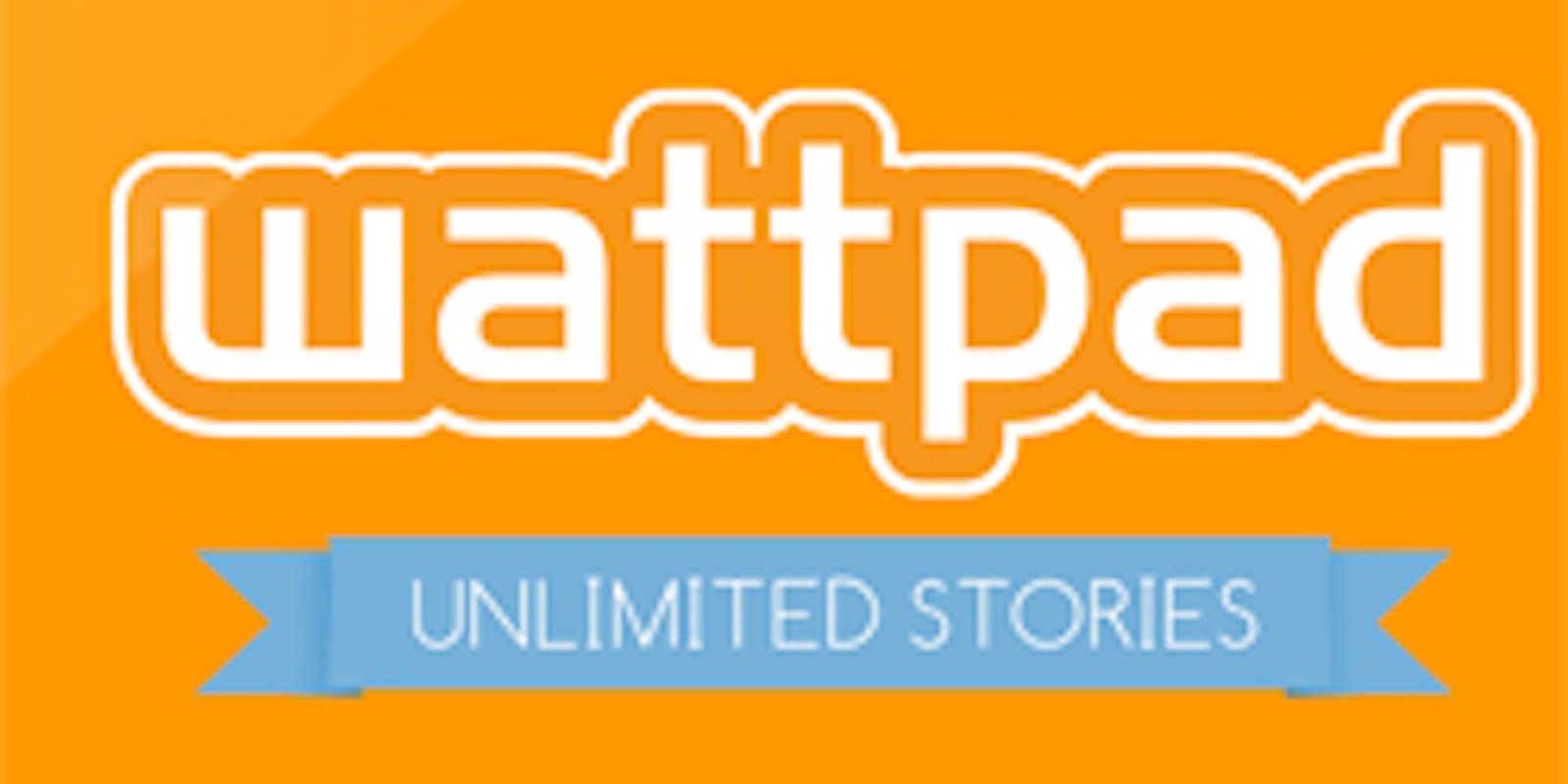Wattpad is shaping a community-led digital publishing revolution.
But like any revolution, there are pitfalls–some of which are caused by the very same features that have made the service such a resounding success.
1) Fanfiction
Wattpad is like no other digital publishing website in that it lists fanfiction side by side with original fiction. This is a positive move in many ways, blatantly suggesting that fanworks are legitimate and should be enjoyed by everyone.
But Wattpad is also inviting fanfic authors to profit, however indirectly, by making an easy sidestep between writing original works and writing fanfiction. Instead of considering fanfic an irreconcilable hurdle to overcome on the route to being published, Wattpad considers them to be interchangeable.
Given the emerging friction over fanworks being blatantly published for profit (see 50 Shades of Grey) Wattpad’s stance can’t sit well with all authors and publishers. And while Wattpad supports the rights of authors to own their own copyright and will refuse to host fanfiction for authors who object, any backlash over their stance will most likely hit individual fans hardest.
2) Corporate Partnerships
Back in February, Sony joined with Wattpad for an unprecedented embracing of fanfiction in order to promote One Direction’s U.S. debut. This is perhaps the first time on record a corporation has paid for tie-in fiction to promote a product that wasn’t a movie, series, or fictional franchise. If the success of the band’s U.S. debut is anything to go by, Wattpad could be looking at more partnerships of this nature in the future.
But many fans have criticized Wattpad for this corporate partnership, citing its similarity to Fanlib.org, a site built around the idea of partnering fanfiction with corporate sponsors as part of its business model. (The site, condemned by much of fandom, closed after three years.)
Wattpad, however, downplays the comparison.
“Our philosophy has always been mobile first,” Pamela Odina, Wattpad’s mobile and social media coordinator, told The Daily Dot when questioned about its business model.
“The Sony partnership happened organically. It’s not something we’re focusing on as a means of revenue—we’re thinking more of a digital native approach that would continue to make Wattpad fun. Part of our policy from the beginning is that people own their own copyrights, no matter what. We just provide the platform for distribution.”
3) Sustainable business models (or lack thereof)
Apart from the $20 million in venture capital Wattpad has raised—$17 million within the last month—questions remain about how sustainable its business model is. According to the Financial Post, the site primarily runs on display ads. Even if corporate partnerships become a focus in their profit strategy, it’s questionable whether partnerships from publishing and display ads alone can sustain a fully free platform model.
Meanwhile, for the users who really does want to use Wattpad to launch their own careers, the jury is out on whether Wattpad exposure actually leads to real profits. Many users definitely feel that it does, and it’s undeniable that Wattpad is good for their branding, at least. Perhaps Wattpad’s most famous success story, author Brittany Geragotelis, garnered over 19 million hits on Wattpad before landing a six-figure trilogy deal with Simon and Schuster.
Yet, despite the few stories that garner millions of hits and Wattpad’s contract with self-publishing phenom Lulu, there’s no clear consensus that giving away free stories will result in profit for the end user. Last year, author David Mark Brown explored the question on his blog, noting, “Of the two dozen published authors I’ve spoken to on WP, three quarters of them think posting their material (usually in its entirety) for free has increased their sales off site, but I’ve yet to find hard evidence.”
One of the increasing numbers of established authors who seem to agree with this new model is Margaret Atwood, who recently joined Wattpad in order to distribute her new book of poems for free. In The Guardian last month, Atwood stated:
“In my view, Wattpad is not a replacement for publishers, but a gateway leading to them. But shouldn’t writers get paid for their work? In an ideal world, yes. However, though $1.99—standard for a shortform ebooklet—is low in western terms, it’s a prohibitive amount elsewhere.“
4) Quality
“Reading and writing, like everything else, improve with practice,” Atwood went on to say in the aforementioned article.
The grim truth remains that with no built-in editorial system and an entirely self-curated list of texts, most of the content on Wattpad maintains seriously poor literary and grammatical standards.
“We try our best to say hands-off and not tell people what to read,” Odina told the Dot.
“We want every reader to be their own talent-hunter, but at the same time, we recognize that it is difficult to find good stories to read. We started the Featured Story list, which is one way we showcase quality writing, but elsewhere in the community, it’s a matter of Wattpad providing curating tools, and the readers deciding which to use.”
And Wattpad’s readers don’t seem to care about quality. After all, if a writer with the stature of Margaret Atwood can handwave the quality standards of what is, essentially, crowdsourced literature, then Wattpad has no incentive to prioritize editorialization.
The overall effect is something like a Brave New Trainwreck of open-source content: Wattpad’s pages are teeming with eager readers ready to devour new content, but the vast majority of that content is so awful that it becomes a point of fascination.
Perhaps we’re witnessing the literary equivalent of stupid pet tricks caught on video. But we’ve all gotten sucked into hours and hours of mindless YouTube clips, right?
And let’s face it: Once a story has racked up 20 million readers, who’s to say that bad writing isn’t good?
Photo via Wattpad


